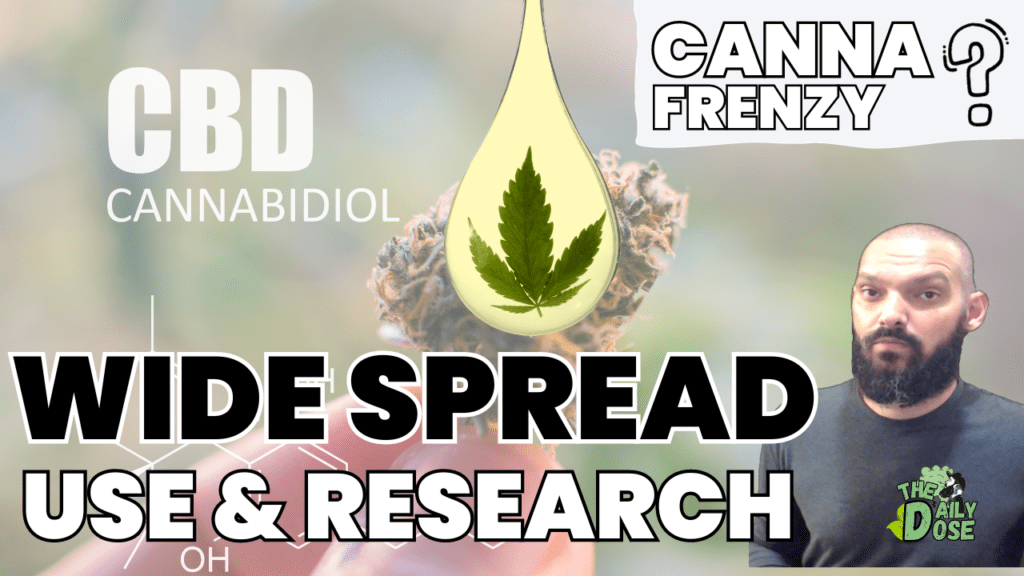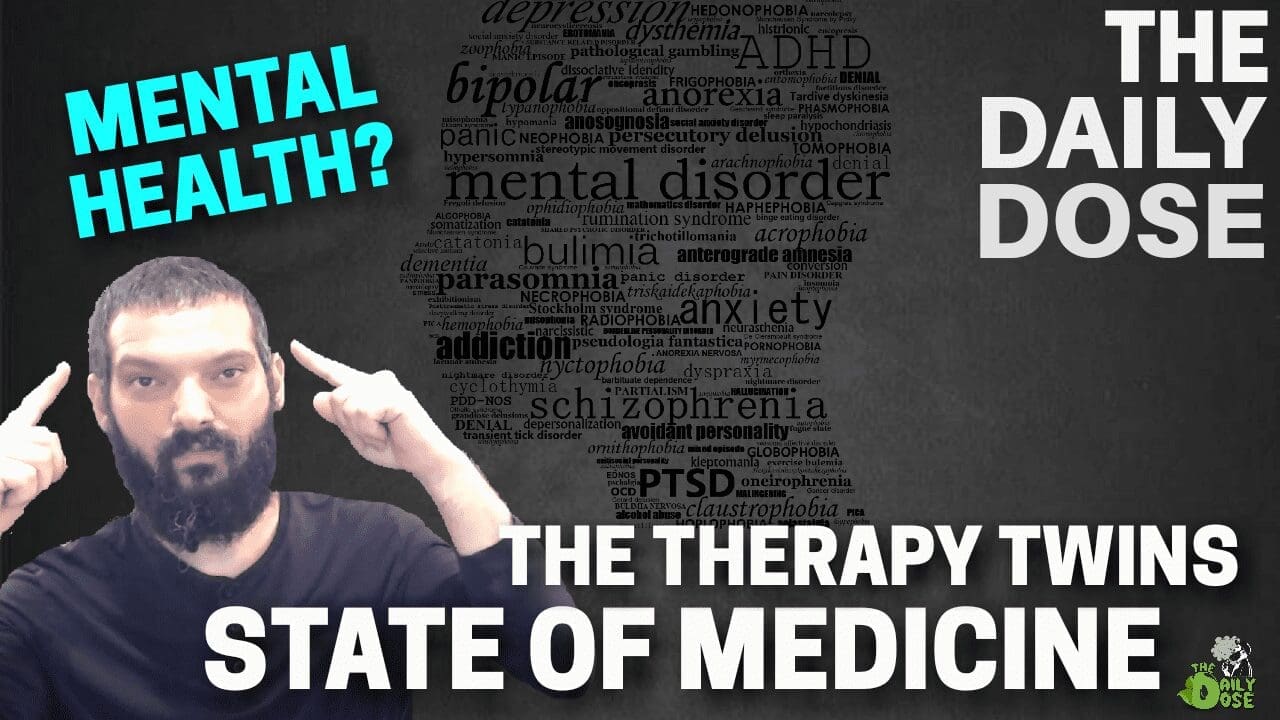Trend Of Cannabinoid Use On The Rise Now
Key Take Away
- Therapeutic Potential: Cannabinoids like CBD and THC hold significant promise in treating various conditions, including chronic pain, anxiety, and sleep disorders. While research is promising, it’s still in developmental stages, necessitating a cautious approach to claims and expectations.
- Rising Popularity: The use of cannabinoids has seen a marked increase, largely due to growing public awareness and changing perceptions about the cannabis plant and its derivatives. This trend reflects a broader shift in how natural and alternative therapies are viewed in health and wellness circles.
- Quality and Safety Concerns: With the burgeoning market, the quality and safety of cannabinoid products have become paramount. Consumers need to be aware of the sourcing, extraction processes, and whether products have undergone rigorous third-party testing to ensure they are free of contaminants and accurately labeled.
- Legal and Regulatory Complexities: The legal status of cannabinoids varies globally and is often in a state of flux. Understanding the legal landscape, including THC content thresholds and usage regulations, is crucial for both consumers and businesses to ensure compliance and informed usage.
1. Understanding Cannabinoids: An Overview
Cannabinoids, naturally occurring compounds found in the Cannabis plant, have garnered significant attention for their potential therapeutic benefits. These compounds interact with the body’s endocannabinoid system, influencing various physiological processes. This interaction is primarily responsible for their perceived effects on pain management, mood regulation, and other health-related aspects.
SUMMARY
The use of cannabinoids, such as CBD and THC, has experienced significant growth in recent years, fueled by increased public awareness and evolving perceptions of their therapeutic potential. This trend is further supported by ongoing research and a broadening acceptance of cannabis-derived products in health and wellness communities.

2. Prevalence of Cannabinoid Use: A Closer Look
Recent years have seen a surge in the popularity of cannabinoids, particularly in contexts like pain management and wellness therapies. This rise in usage is attributed to increasing awareness of their potential benefits, coupled with a shift in societal attitudes towards cannabis-derived products.
Types Of Cannabinoids
- THC (Tetrahydrocannabinol): The primary psychoactive component that produces the “high” associated with cannabis.
- CBD (Cannabidiol): A non-psychoactive compound known for its potential therapeutic benefits, such as reducing anxiety and pain.
- CBN (Cannabinol): Produced as THC ages, known for its sedative effects.
- CBG (Cannabigerol): A non-psychoactive cannabinoid thought to have anti-inflammatory and antibacterial properties.
- THCV (Tetrahydrocannabivarin): Similar to THC but with different effects, possibly including appetite suppression.
- CBC (Cannabichromene): Non-psychoactive and may have anti-inflammatory and analgesic properties.
- CBDV (Cannabidivarin): Similar to CBD, it’s being researched for its potential in treating neurological disorders.
- THCA (Tetrahydrocannabinolic Acid): The acidic precursor to THC, found in raw cannabis.
- CBDA (Cannabidiolic Acid): The acidic form of CBD, present in raw cannabis, with potential anti-inflammatory properties.
- CBGA (Cannabigerolic Acid): The precursor molecule from which other cannabinoids are synthesized.
Each of these cannabinoids has unique properties and potential effects, which are subjects of ongoing research. The ratios and presence of these cannabinoids can vary greatly among different cannabis strains and products.
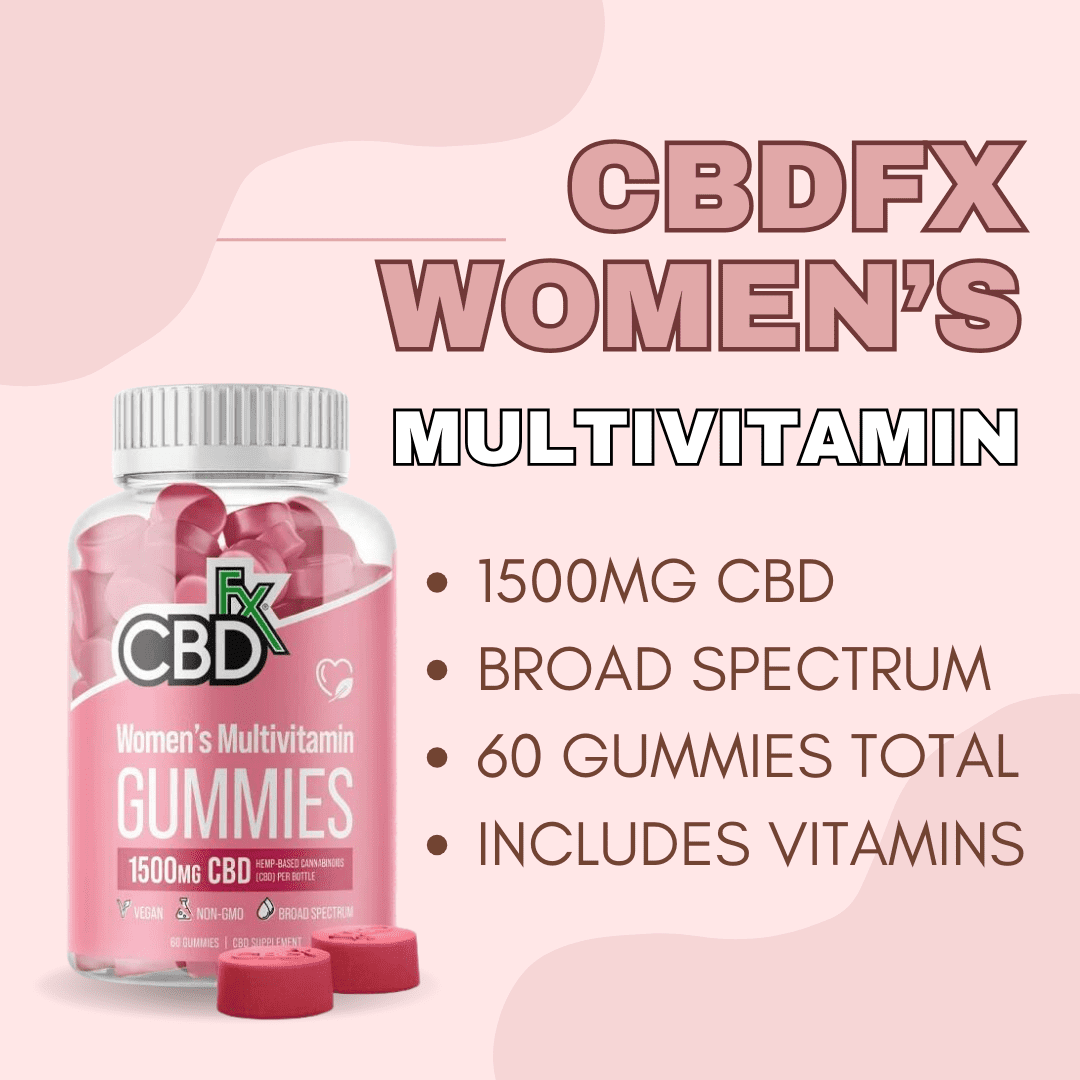
3. The Therapeutic Potential of Cannabinoids
Cannabinoids, including well-known compounds like CBD (Cannabidiol) and THC (Tetrahydrocannabinol), have been studied for their potential in treating various conditions. Research indicates promising results in areas such as chronic pain relief, anxiety reduction, and improvement in sleep quality. However, it’s important to note that research is ongoing, and more comprehensive studies are needed to fully understand their efficacy.
List Of Benefits That Have Been Researched
- Pain Relief: One of the most well-known benefits of cannabinoids, especially THC and CBD, is pain relief. They are believed to alleviate chronic pain by interacting with the body’s endocannabinoid system, which plays a role in pain regulation.
- Anti-inflammatory Effects: Cannabinoids like CBD and CBG have shown anti-inflammatory properties. This makes them potentially useful in treating conditions like arthritis and inflammatory bowel disease.
- Anxiety and Depression Management: CBD in particular has gained attention for its potential to help with anxiety and depression. It may work by influencing the brain’s serotonin receptors, which are involved in mood regulation.
- Neuroprotective Properties: Research suggests that cannabinoids may have neuroprotective properties, meaning they could help protect brain cells. This has implications for diseases like Alzheimer’s, multiple sclerosis, and Parkinson’s disease.
- Epilepsy Treatment: CBD has been notably effective in reducing seizures, particularly in rare and severe forms of epilepsy like Dravet syndrome and Lennox-Gastaut syndrome. The FDA has approved a CBD-based drug, Epidiolex, for these conditions.
- Cancer-Related Symptoms: Cannabinoids are used to alleviate cancer-related symptoms and side effects of cancer treatment like nausea and vomiting. There’s also ongoing research into their potential anti-cancer properties.
- Appetite Stimulation: THC is known to stimulate appetite, which can be beneficial for individuals suffering from conditions like HIV/AIDS or cancer, where appetite loss is a common symptom.
- Sleep Aid: Some cannabinoids can aid in sleep. For example, CBN is gaining attention for its potential as a sleep aid, and THC is known to help with sleep in lower doses.
- Addiction Treatment: Emerging research suggests that cannabinoids, particularly CBD, may be helpful in treating substance abuse disorders by reducing cravings and withdrawal symptoms.
- Anti-Tumor Effects: Preliminary studies have indicated that certain cannabinoids might have anti-tumor effects, but this area requires significantly more research before definitive conclusions can be drawn.
It’s important to note that while the therapeutic potential of cannabinoids is promising, more research is needed to fully understand their effects and optimal use. Additionally, the effects can vary depending on the type of cannabinoid, dosage, and individual differences. Always consult healthcare professionals before using cannabinoids for therapeutic purposes, especially if you have pre-existing health conditions or are taking other medications.
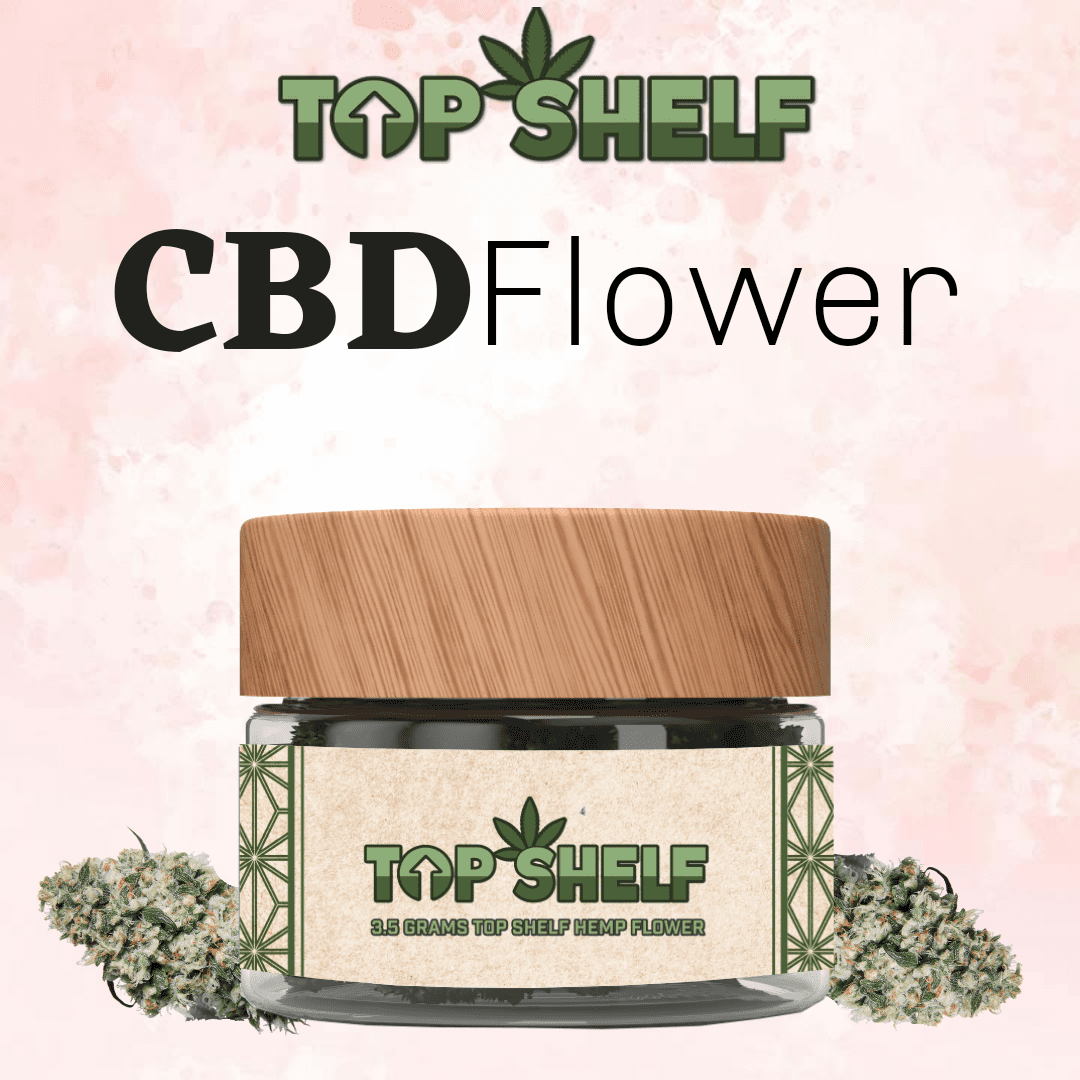
4. Buyer Beware: The Importance of Quality and Safety
As the market for cannabinoids expands, concerns regarding the quality and safety of these products have arisen. It’s crucial for consumers to be vigilant about the products they choose. This includes understanding the source of the cannabinoids, the extraction process used, and the presence of any third-party lab testing to ensure purity and potency.

5. Legal Landscape and Regulations
The legal status of cannabinoid products varies significantly across regions, influenced by factors such as THC content and the intended use of the product. Navigating these legal complexities is essential for both consumers and businesses operating in this space. Over the years the FDA has made some clarifications to help everybody understand what is acceptable and what is not. Here is the FDA Disclosure
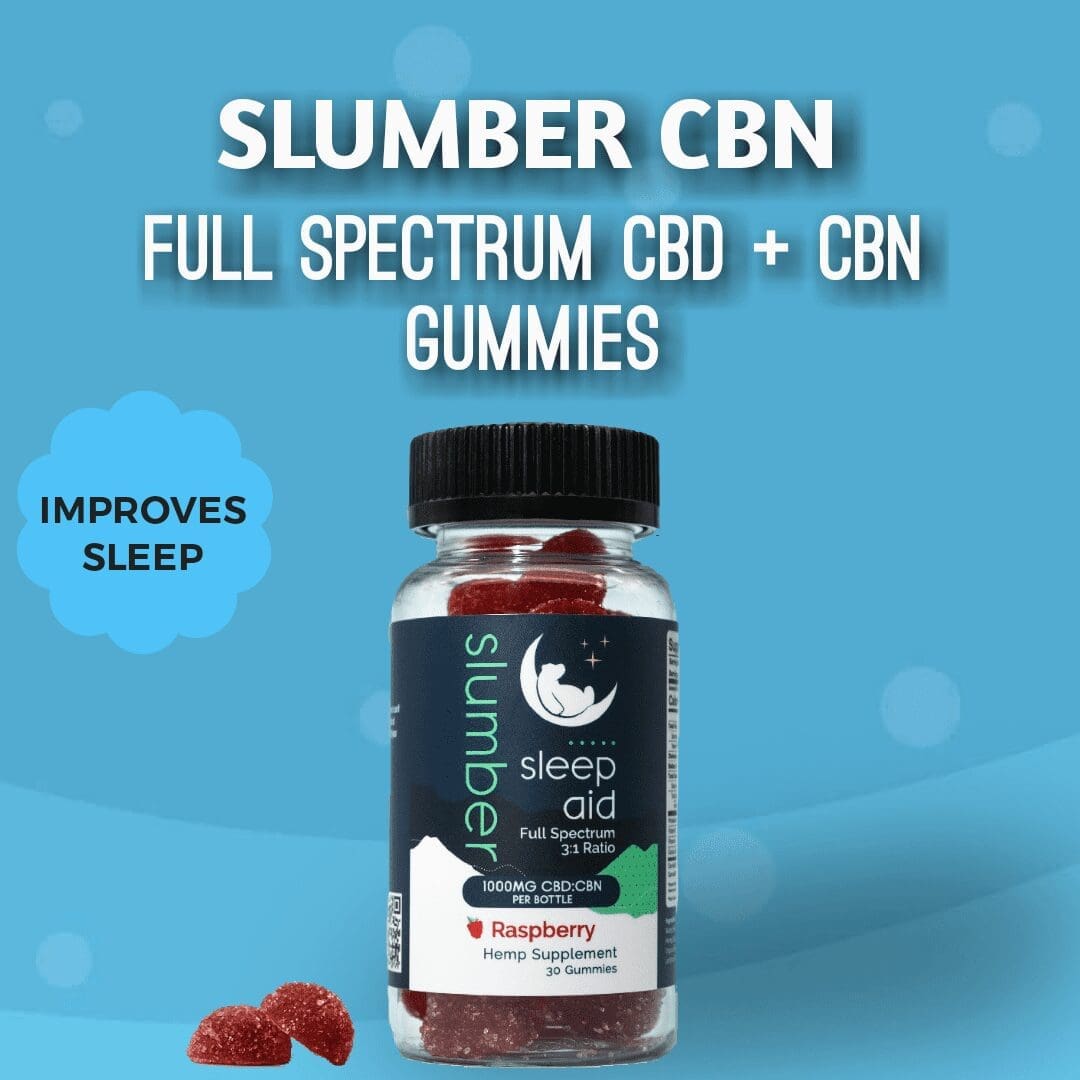
6. The Future of Cannabinoids: Trends and Predictions
The cannabinoid market is expected to continue its growth trajectory, driven by ongoing research, technological advancements in extraction and processing, and evolving consumer preferences. As the body of research expands, we can anticipate more refined applications of these compounds in health and wellness sectors.
7. Conclusion: Navigating The CBD Cannabinoid World
The use of cannabinoids has become increasingly common, offering potential benefits in various health-related areas. However, consumers must approach these products with caution, prioritizing quality and safety. As the market evolves, staying informed and mindful of legal and regulatory changes is key.
FAQs
What are Cannabinoids?
How do Cannabinoids Work in the Body?
Are Cannabinoids Legal?
Can Cannabinoids Get You “High”?
What are the Medical Benefits of Cannabinoids?
Are There Any Side Effects of Using Cannabinoids?
How Should I Choose a Cannabinoid Product?
Sources:
Related Articles:
- How Is CBD Manufactured What To Know Now
- Immune Support How CBD Can Help
- CBD For Anxiety How And Why It Works
- CBD For Cancer: Benefits, Dosage, and Risks
#CBD #cannabinoids #whatisCBD #whypeopleuseCBD #howCBDworks #americanhealth #healthandwellness #herbalsupplements #alternativehealing #naturalremedies #thedailydosepodcast
Meet The Author


